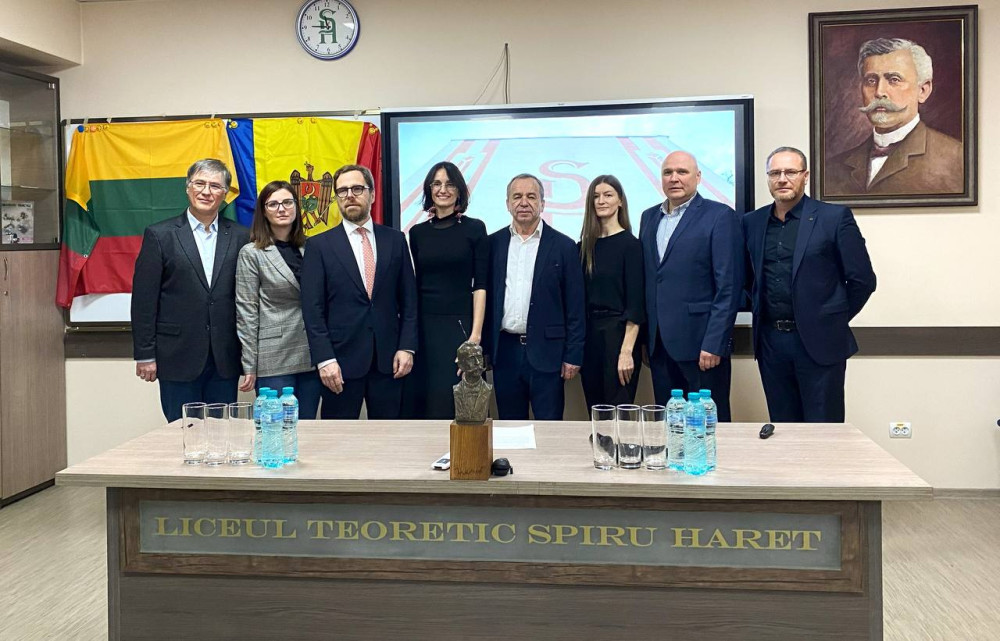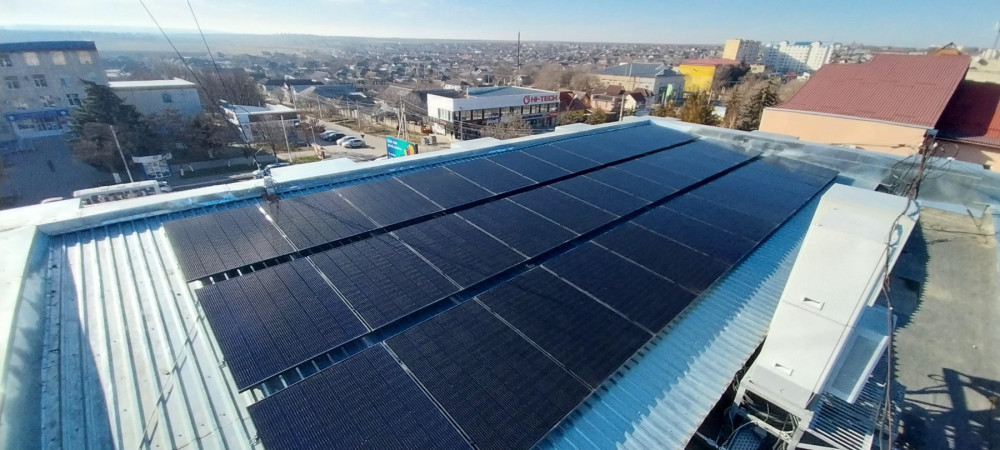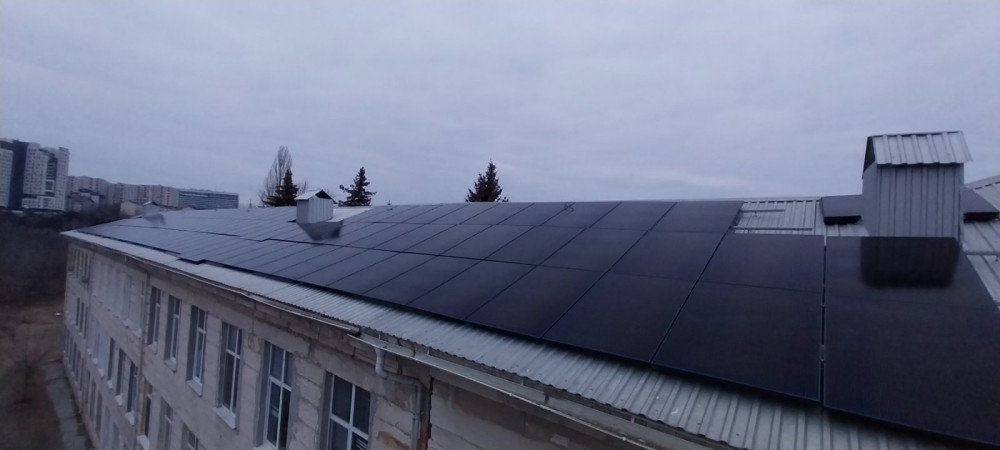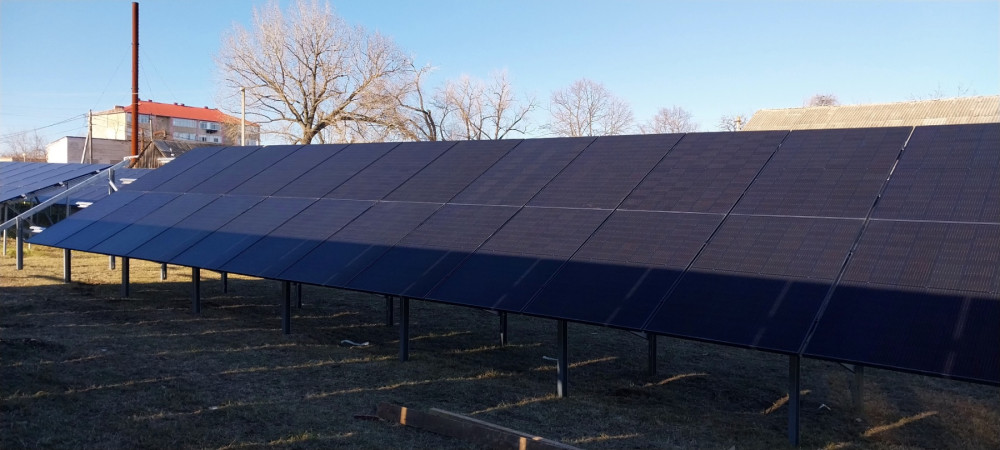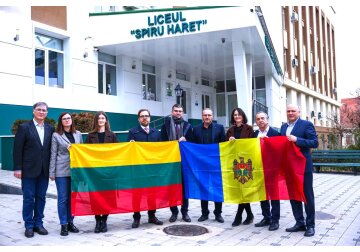
Six institutions located in Moldova, including lyceums, a cultural center and hospitals, have already started using solar power plants installed by UAB Solet and SRL Oguzenergy.
In Chişinău, on 5th of December 2024, an event was held to present the results of the implemented project, which was attended by representatives of both the Ministry of Energy of the Republic of Moldova, the Embassy of the Republic of Lithuania in the Republic of Moldova, the Lithuanian company together with the partnering company, and the beneficiaries of the project, for whom solar power were installed.
During these events, the importance of renewable energy sources and humanitarian assistance to public bodies was highlighted. Representatives of public bodies expressed gratitude for the assistance provided and emphasized that solar power plants help not only to provide institutions with essential electricity, but also reduce dependence on fossil fuels. Such diversification of energy sources is a significant step towards a more sustainable future.
It is estimated that the installed solar power plants with a capacity of 504 kWp will produce about 589 thousand kWh of electricity per year, which will provide more than 32% of the current electricity demand of institutions. These power plants will not only help to reduce electricity costs, but will also become a sustainable source of energy, contributing to the protection of the environment. In addition, with a decrease in dependence on traditional energy sources, institutions will become more resilient to supply disruptions, and the monetary resources saved can be allocated to other important needs, such as investments in improving the level of education provided.
By participating in such projects and installing solar power plants, Lithuanian companies not only make an important contribution to the improvement of the environment and the quality of life in third countries, but also help the institutions located there to achieve the goals of education and community development.
Since 2018, the company has already implemented 20 bilateral development cooperation projects in other countries, such as Georgia, Moldova, Armenia, Nigeria, Ukraine. In them, the company installed over 85 power plants in schools, kindergartens, war refugee camps, hospitals and other institutions.
The projects are implemented in accordance with the development cooperation program of the Environmental Project Management Agency (APVA) of the Ministry of Environment of the Republic of Lithuania, financed by the Special Programme on Climate Change. Solet, together with its partners, also contributes part of the funds.
